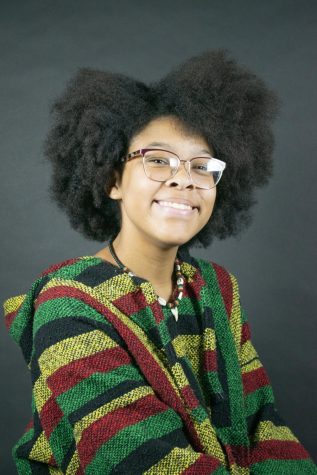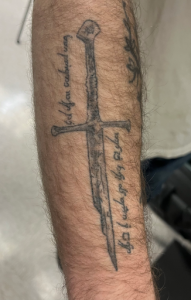CSU Blackface Scandal Causes Strife
October 11, 2019
Racism in schools is nothing new. Exploiting racist actions and thoughts throughout social media; however, has been on the uprise; however, most of these actions are going without punishment, and people are furious.
A picture of four students from CSU came to the media’s attention in late September. The problematic photo was posted on Snapchat and gained circulation through the app.
The photo depicts the four students faces covered in a black substance later identified as a charcoal face mask. The face mask wasn’t the issue, but their actions and what it was captioned raised uproar.
The students are seen doing the famous “Wakanda Forever” hand gesture from the Marvel film, “Black Panther”. The photo is also fittingly captioned “Wakanda Forever” essentially hoisting the thought that this photo was mocking the African race.
Though the students made it clear that this was a joke, the public was dissatisfied. These students were facing no punishment or consequences for their actions. This raises the question, why can’t students be punished for what they post on social media?
The first amendment still applies to students while they are in school thanks to students taking freedom of speech cases to court. As long as students social media posts don’t breech school policy, students are allowed to post what they want.
The photo that these students had published may have been nauseating to some, but it doesn’t break any school policies. Therefore, punishing the students for the joke would be an unfair justification.
Administration at CSU stated that they have no right to punish them, because “Social media accounts are not under our jurisdiction.” Virtually, students are able to post anything as long as it doesn’t threaten the school, isn’t lewd, presents illegal activity, isn’t bullying or disrupts the educational process. These students didn’t violate any of these policies.
One of the students was identified as Leana Kaplan. A statement by an NBC affiliate KUSA in Denver, released a statement from Kaplan. Kaplan apologized and said she understands “how awful this photo looks.” The rationale for this blackface predicament was equitable, but the history of this predicament can make the judgment questionable.







